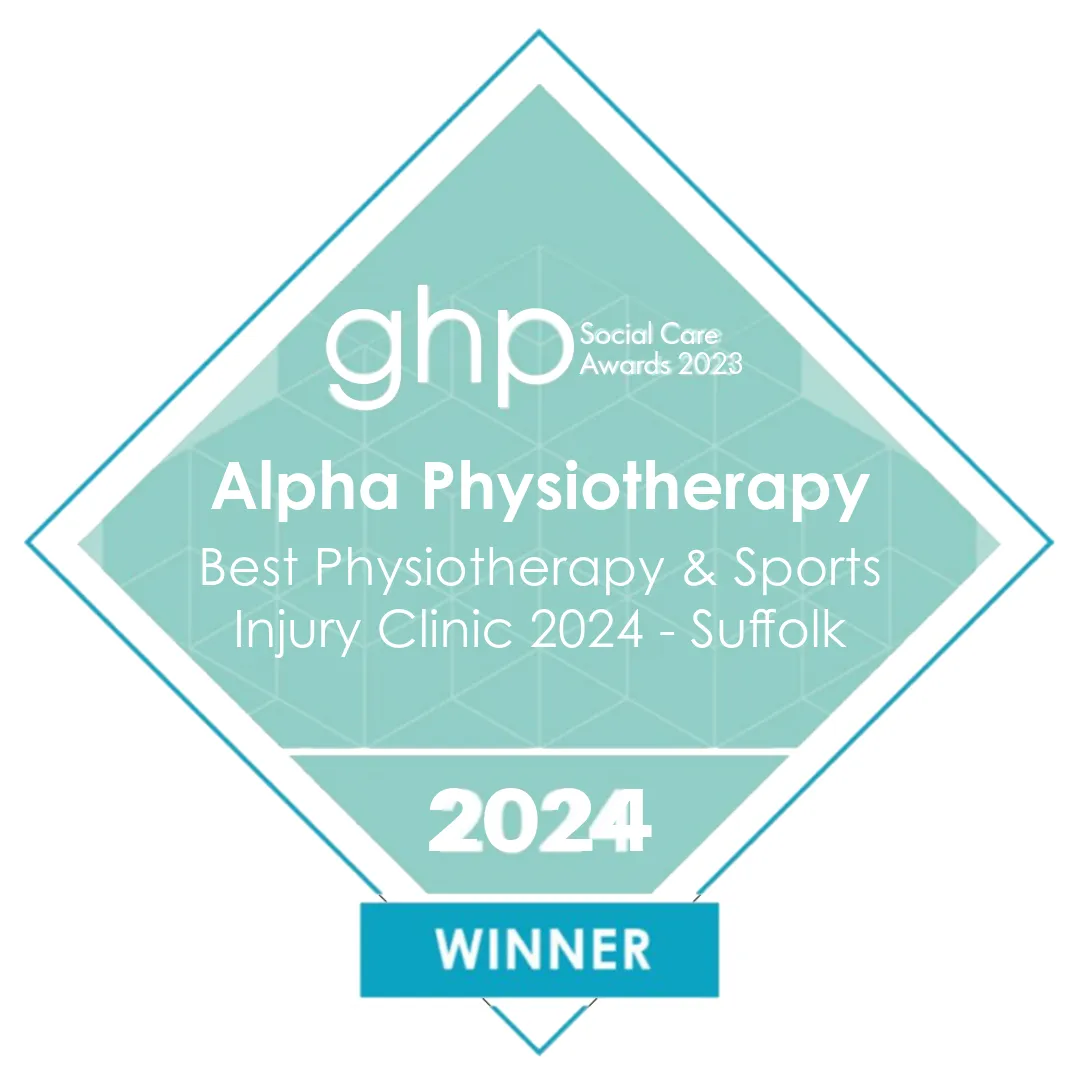Do you dread the clock approaching 9, 10 or 11pm as your bedtime approaches? And still find yourself watching it at midnight or 1am?
Or do you often wake up feeling like you haven’t slept, or that “just another hour” would sort you out?
Sleep (or lack thereof) is a huge problem for many people, worldwide, and yet without it we can’t function.
When I had my two children, each time I could rationalise the sleep deprivation of those early months in my head as only being for a finite period of time – “at some point they will sleep through the night!”. But when sleep deprivation is a chronic problem (and nothing to do with a newborn!), it can really play havoc with one’s health and mental well-being.
If our sleep is lacking in either quantity or quality, we not only lack energy but it affects most of our bodily systems. Healing and regeneration of tissues happens overnight, our brain processes information from the day in our subconscious, our immune system releases chemicals that help fight infection and disease, Cortisol (the stress hormone) lowers and our sympathetic nervous system (the one that controls our fight or flight response) chills out.
But sleep deprivation goes beyond that for some people, and sometimes there are other things such as pain, or stress and anxiety that prevent someone from getting to sleep (and staying asleep!).
Thankfully, there are things that can done to help, hurrah! Check out these three things that can help you sleep:
How To Sleep Better #1 – Improve Your Sleep Hygiene
There are lots of things that we can do to improve our “sleep hygiene” – such as not using electronic devices before bed, not exercising in the few hours before bedtime, avoiding caffeine in the evening and trying to avoid sleeping during the day.
How To Sleep Better #2 – Massage
Massage is fabulous for relaxing tight and tense muscles, which can be the source of pain or discomfort at bedtime. Anyone who has had a good massage will attest to the sleep-inducing state it provides. Having massage regularly is the key here – occasional is wonderful as a treat, but if you are serious about improving your sleep quality, the more regular the better.
How To Sleep Better #3 – Acupuncture
Another treatment that has tons of evidence and research behind it, is acupuncture for sleep and relaxation. Not the dry needling kind, where a (small) needle is put into the muscle to release the tension. This is the traditional Chinese style acupuncture which is based on the philosophy that energy flow (or qi, pronounced “chee”) runs through pathways (or meridians) that connect to more than 2,000 acupuncture points in our bodies. When that energy flow is disrupted, we come down with all kinds of diseases and ailments — including sleep problems. These specific acupuncture points on the body are stimulated by a needle for around half an hour, which improves energy flow through the body and stimulates the release of sleep-inducing and relaxing chemicals.
Hocus pocus I hear you say?! Absolutely not! Us Physiotherapists are evidence-based practitioners (meaning all the treatments we provide is based on evidence that they work), and we are inherently critical until results are proven. We’ve all seen the effects of acupuncture making people sleepy and have even used it on each other to see for ourselves! What’s more studies have shown that acupuncture may have the power to reduce sleep disturbances related to menopause, improve symptoms in people with obstructive sleep apnoea, and boost melatonin in adults with anxiety and insomnia.
So there you have 3 things you can start to do NOW to start improving your sleep – whether you simply need more of it, or less disruption.
To find out more about how our physiotherapy team can help sleep better, arrange a free taster session or telephone consultation or head over to our contact page and send us a message to find out more and check availability.
Lyndsey & Team Alpha.
Other Great Resources To Ease Pain & Sleep Better
We have several free, downloadable reports to help you relieve Back Pain, Knee Pain and Neck & Shoulder Pain.
We also have fantastic blogs where we share expert advice such as Why You Need A Sports Massage
Finally, don’t forget to check out our YouTube channel, Facebook page and Instagram page.


